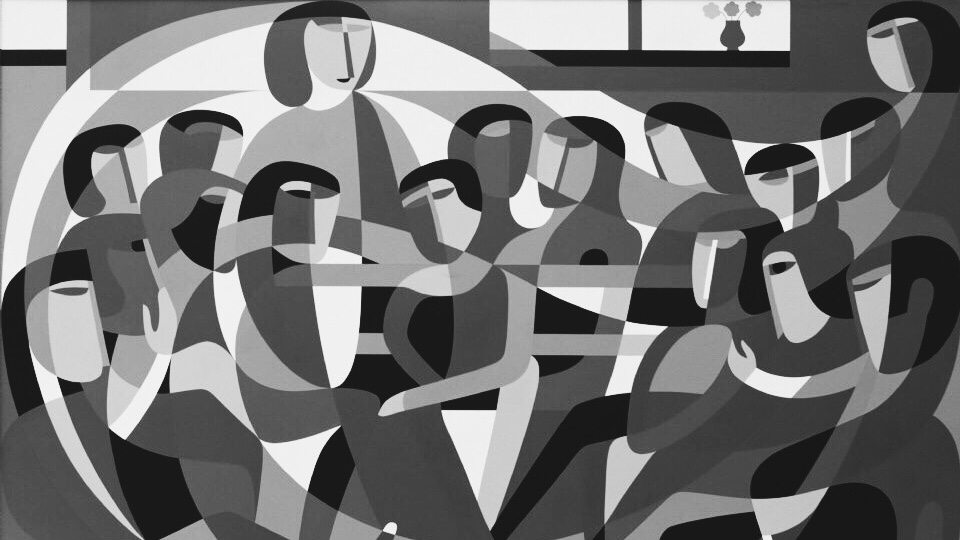Silent Subversion Pt. I: Early Quaker Ecclesial History and Foundational Assumptions
(This is the first part of three parts of a paper I wrote in the spring of 2018 for a Christian history course I took in seminary. I have a fascination of Quaker ecclesiology. In this part I discuss the early history and foundational assumptions of Quaker ecclesiology. In good Quaker fashion, simply listen and read.)
Introduction
When one imagines Quakers, overthrow of powerful institutions may not be the first image to come to mind. Many may think of the cheery figure who graces the cover of Quaker Oats. Others more acquainted with American religion may imagine the pacifism exhibited by many Quakers. Yet, in the plain living, silent worship, pacifism, and oat-making of Quakerism is an iconoclastic subversion of some of the most powerful institutions and systems. From the dawn of the tradition to the present, the foundations and implications of Quaker ecclesiology subverts many institutions some understand to be simply the given. In this paper I examine the radical early history of Quaker ecclesiology and its foundational values, suggest its subversion of self-preservation, traditional hierarchical ecclesial leadership, and systemic injustice, and present ways in which the subversion of Quaker ecclesiology continues to this day.
Early Quaker Ecclesial Values and History
Under great frustration with the Church of England, George Fox became convicted that one could personally experience the Light of Jesus Christ without service of the church institution’s ordained clergy. Out of this conviction came the Quaker tradition...

